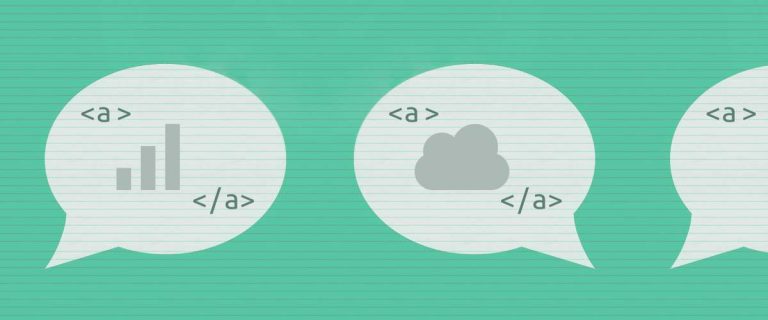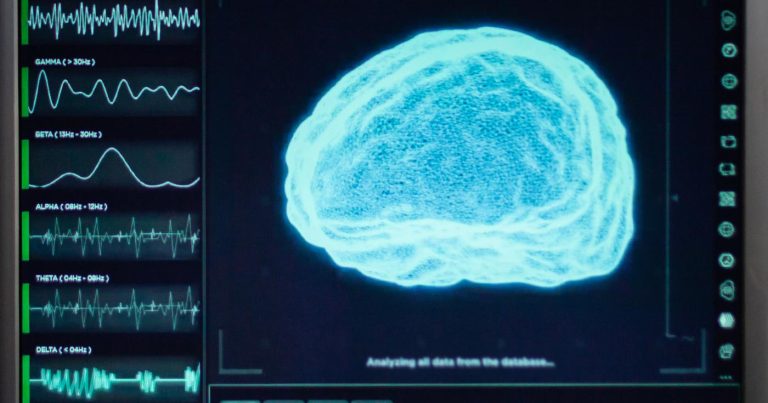Can humans echolocate?
A few years ago I was at a dinner party at a cabin on Vancouver Island. The host, and my good friend, Dalton, told a story. He told us a story about riding his bike home on a tar black night on Vancouver Island. As the story goes, it was too dark to see the very road that he rode on. So he made clicking noises and listened for the rebounding noise in order to navigate safely on the road.
As I am apt to do in these moments, I called bullshit.
And then, with the help of the patient and curious party attendees, I organized an experiment.
We blindfolded Dalton and made him stand in the centre of a circle of human bodies (ours). Crucially, we left a gap in our circle, the width of one human body. We then made Dalton turn in a circle a few times, and asked him to identify where the gap was through echolocation. At first, we had a hard time not laughing while we watched him turn and click. So we botched the first few experiments by being too noisy and by revealing our relative positions.
But we finally got quiet.
The first time that Dalton pointed directly to the open spot, I thought “good guess.” And then, I thought, “can you repeat that?” And then I thought, “we need more tests.” And test we did. We did it again. We moved the hole around. We took our experiment outside. We tried doing it ourselves to see if the blindfold was working.1 No one else could do it. But Dalton was right every single time.
When I think about it now, it’s less startling. But at the time I was amazed. Dalton, it turns out, has a great ear. He is, after all, a musician. But anyone can echolocate at home by doing this simple experiment.
Blindfold yourself, preferably in a dark unlit room, and ask your friend to hold a text book in front of your face – or not. Try it about a foot away. Your job is simply to make sounds and guess whether the text book is raised in front of your face, or not. Keep track of your record of successes. Most people can do simple echolocation. Kinda neat though.
Anyway, some people are very good at echolocation. And, apparently, anyone can learn. But there’s a dark side.
- When I tried to echolocate the missing-human-hole, I failed every time. ↩
Don’t miss a dispatch!








On first read I though the title of the post was “Can humans echoculate?” like ejaculation, but with chocolate.
Is anyone looking into that?
Lol! Yeah, I hate hyphens, and sometimes I dismiss them from words that conventionally have them. “Echolocate” does not have a hyphen by convention. But some words would be more readable with a hyphen; I think “echolocate” would probably be more readable with a hyphen. But then, you wouldn’t have had the lovely experience of reading “echoculate.”
Jane, how did you get in my head? You are like the best no trace hiker ever, didn’t even know you where there until I read the comments on this blog post and then “chocolate ejaculation”, yup that’s what my brain saw too.
I just tried it! it works! I find the higher frequency the sound, the better. I make a T like sound, almost like the sound of a high hat. I find if I try too hard, I don’t do as well, but when I almost walked into a wall, I backed off startled before I realized what I was doing – like if I over-think it, I don’t do as well, but when I’m about to hurt myself, some more primal instinct takes over and saves my butt. If that makes sense.
Hi Sherwin. I like your brain. I also have a story.
I am a support worker for adults with varying degrees of ability. My one friend that I worked with a long time ago, is Blind and autistic and uses echolocation. He would click as he walked everywhere, and he could pick people out, as well as tell us wiether we were in front of a car or a truck. He would also tell us the year make and model of a car by remembering what thier door handles felt like. It was pretty rad. I am wowed to hear that people(im guessing here) whos bodies have a all of thier perception abilities, ARE doin this.
Super cool. I hope you are well.
LATER,
MATTY